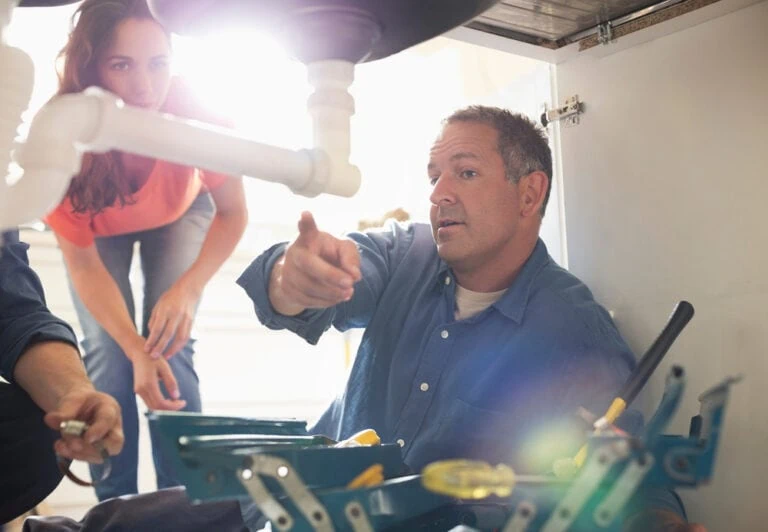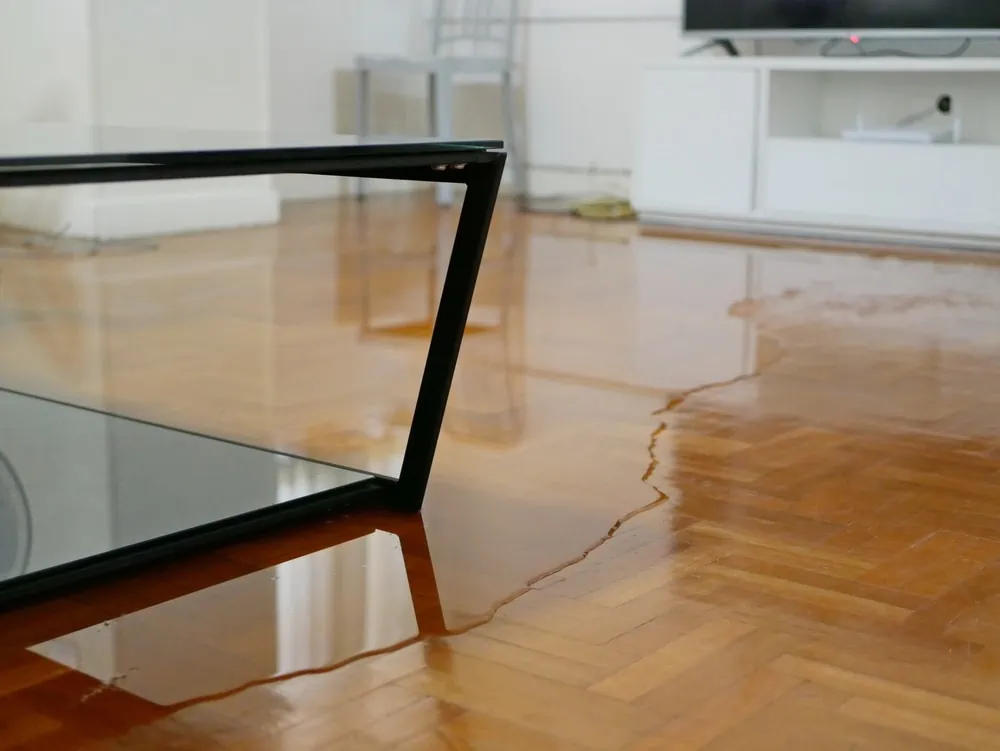Keeping your plumbing healthy is vital. After all, everyone relies on a home’s plumbing system to complete most household chores and manage personal hygiene. However, most people take plumbing for granted, and it is given a second thought once it experiences issues.
And a plumbing disaster can be an unforgettable experience. It’s because it tends to make a huge mess, causing a mold problem that forces you to face costly plumbing repairs and cleanup. Fortunately, you can avoid plumbing disasters.
The easiest way to prevent plumbing disasters is by maintaining healthy plumbing with preventive measures in place. From flooded bathrooms, blocked kitchen sinks, slow-draining bathtubs, sewage backups, bust pipes, and other plumbing issues, here are some tips to consider that’ll help prevent damage from untreated plumbing problems:
- Schedule Plumbing Inspections
A plumbing inspection will help you stay on top of developing issues and keep your plumbing clean and clear. The right plumber will be able to clear your sewage line and pump your septic tank, which keeps the systems running smoothly.
And by finding plumbing contractor Lorton and other reputable service providers, they will check your plumbing pipes for any signs of corrosion, rust, tear, and anything that’ll cause a catastrophic pipe failure. If anything happens, your plumber will advise you on the next steps.
- Know Where The Location Of The Main Shut Off Valve
A pipe breaking, toilet, bathtub, or sink overflow can happen anytime. When it does, it might lead to flooding, which causes severe property damage. You can prevent this by knowing the central water shutoff valve’s location so you can stop the supply in case of trouble.
Not only should you know the position of the valve, but so should your entire family. Therefore, consider labeling the valve for easy access in an emergency case. Also, keep it shut during renovations or extended vacations.
Take time to close the main water valve several times to ensure that water leaks don’t happen, as that’s a sign that it needs replacement. It would be best if you also considered installing additional valves throughout the home to make it more accessible.
- Prevent Clogging
If you experience a clog, your entire plumbing system might shut down. So, keeping your drains clean from debris that might back up water is necessary. Not only do you need to keep your drains free from debris, but you also need to be mindful of what’s going down there.
For instance, avoid dropping cooking oils down your kitchen drain as they create layers on pipes that catch food debris. All this might lead to clogging after some time. To keep debris out of your drain, consider using a filter to capture all food particles, especially coffee grounds.
- Avoid Flushing Anything Apart From Toilet Paper
Your sewer pipes and septic tanks aren’t designed for anything other than toilet paper and bodily waste. It means not flushing any solid waste, including baby wipes, cotton buds, sanitary towels, etc. Place a garbage bin in each bathroom to keep all the solid waste from being flushed.
- Perform Regular Inspection Of Your Pipes
A lot of plumbing disasters happen due to issues in the pipes. So, regularly check all plumbing pipes for any rust, corrosion, wear and tear that might cause problems. If you realize your pipes are nearing their lifespan, consider switching them or relining them.
Alternatively, you can opt for in-place treatment that’s more affordable than repiping. Avoid waiting till it’s too late to address pipe corrosion. When inspecting your pipes, look for a bulge, as it indicates that the hose needs immediate replacement. Check for leaks that might affect the operation of your appliance and increase the utility bill.
- Soften Your Water
Hard water can reduce the lifespan of your plumbing system and make your water heater work harder than it should. Hard water also leaves deposits in pipes that can corrode them, causing clogs and increasing water pressure.
So, to avoid plumbing issues, consider installing a home water softener or conditioner to minimize harmful effects. A water softener reduces the chances of experiencing plumbing issues and improves the quality of your home’s water.
- Keep Your Drains Clean
Keeping your drains clean is an easier way of taking care of your plumbing system. It’s advisable to clean your drains every once a month. You’ll need baking soda, white vinegar, and hot water to clean them.
To clean, shake the baking soda down the drain, then pour the vinegar. Let this mixture sit overnight, then rinse it off the following morning using hot water. Baking soda and vinegar are less harmful than commercial drain cleaners but keep your drains clean.
Bottom Line
Plumbing disasters can be damaging and costly. But with the proper maintenance tips, your plumbing system will remain in great shape and function properly. But even though you can avoid needless emergencies and repairs, reach out to your plumber in case of a disaster, as they are better equipped to deal with it.




